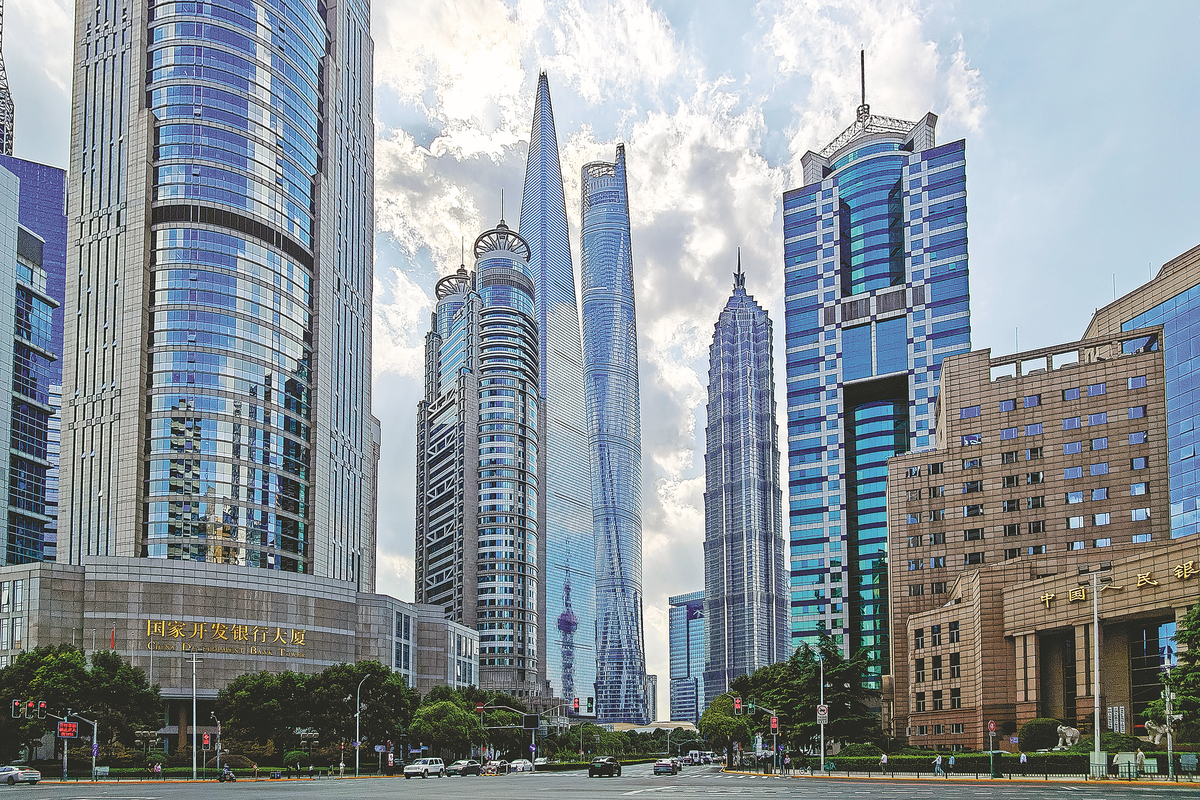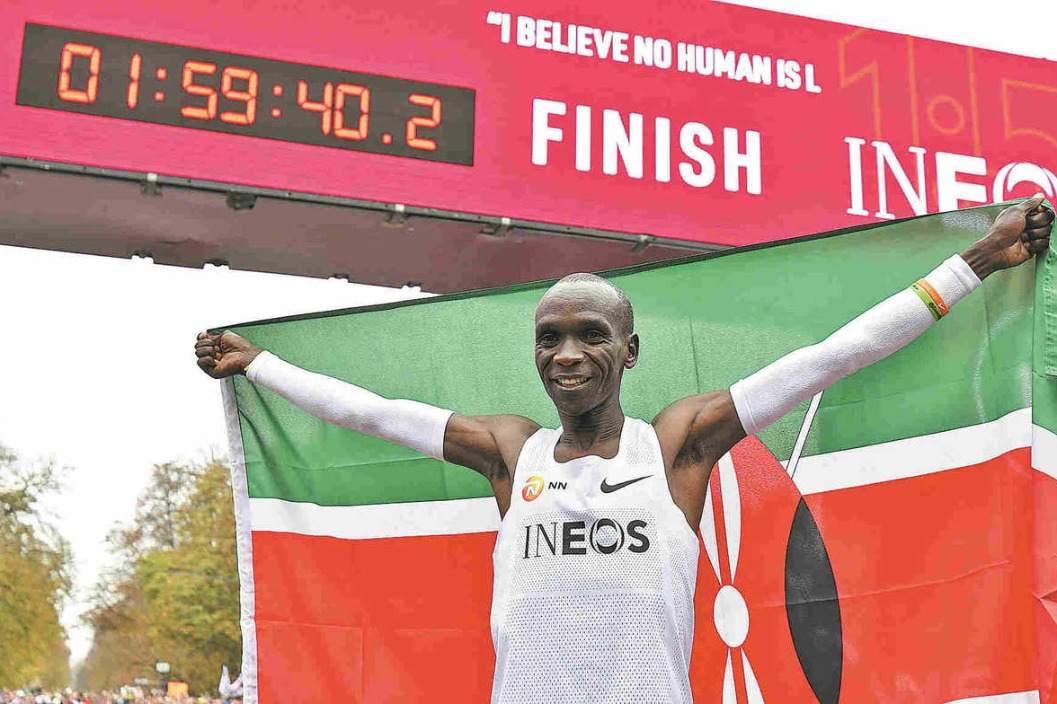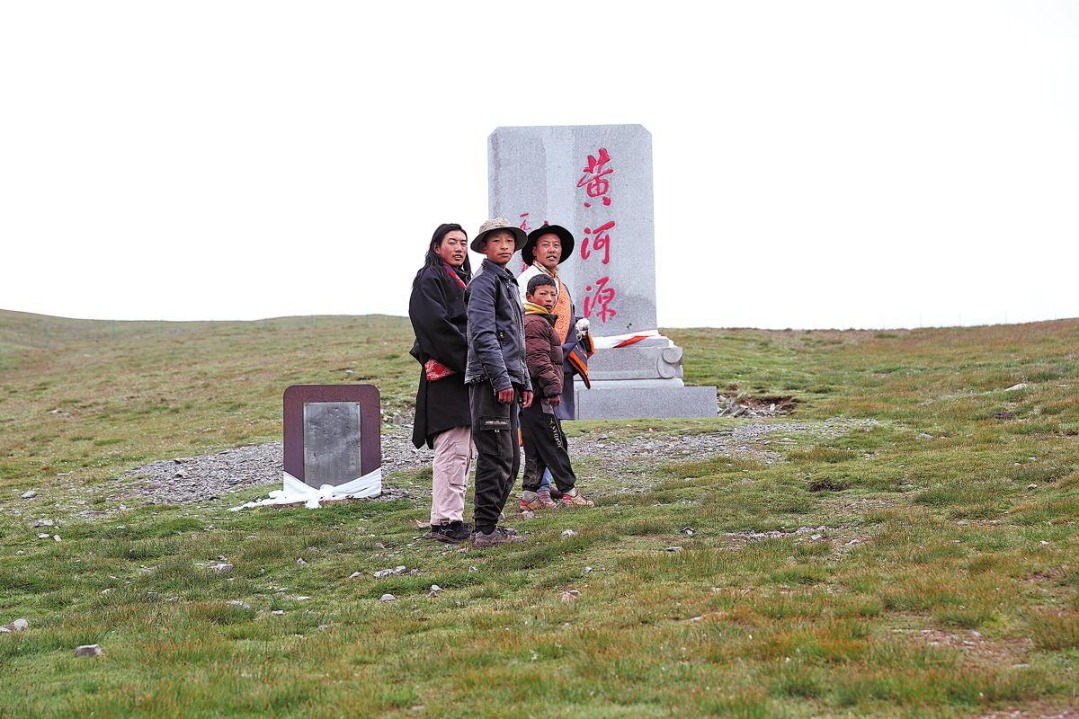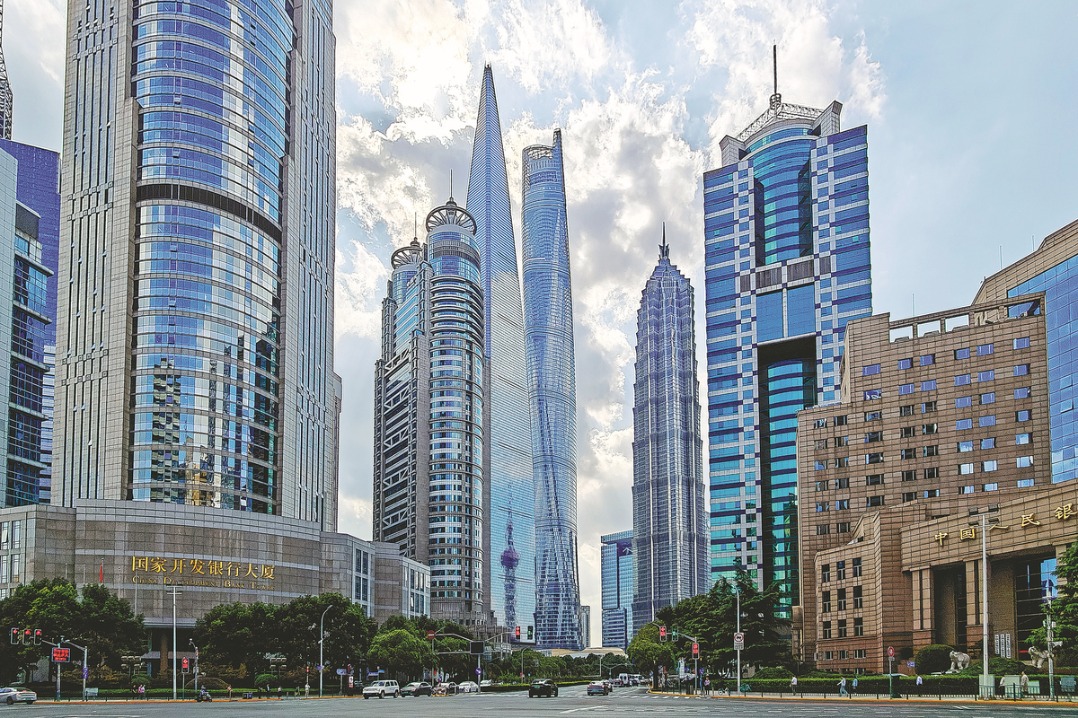Shanghai spearheading modernization in urban governance


Shanghai's recent efforts in urban governance have marked a significant step toward modernizing China's city management system. At the heart of these innovations lie two key concepts: "whole-process people's democracy" and the "people's city." This vision of integrating these concepts into city governance is not only in line with the strategic goals outlined in the 20th Central Committee's Third Plenary Session but also serves as a model for enhancing urban resilience and social stability.
Shanghai's pioneering role in these areas highlights its commitment to creating a governance system that is grounded in both democracy and the rule of law. Since launching the grassroots rule of law observation program in Minhang district in 2021, the city has expanded this initiative to cover the entire urban landscape. As of October 2024, Shanghai boasts 598 grassroots rule of law observation points, staffed by 2,139 observers across various sectors of society. These points play a critical role in not only monitoring legal compliance but also offering citizens a platform to contribute suggestions and solutions to improve governance.
Advancing whole-process people's democracy in the people's city framework
The integration of whole-process people's democracy into the people's city framework is based on a shared principle: the central role of the people in governance. Both concepts emphasize democratic participation at every stage of governance—from policy formulation and execution to oversight. Whole-process people's democracy ensures that citizens have a voice in decision-making, fostering a governance model that is both people-centered and transparent.
This alignment reflects China's broader governance strategy: creating a city model that is inclusive, participatory and responsive to the needs of the people. By embedding democratic principles into the city's administrative structure, Shanghai is demonstrating how theory can be translated into practice, creating a more sustainable and accountable governance system.
From theory to practice: Grassroots rule of law observation as a new governance pathway
Shanghai's rule of law observation system exemplifies the practical application of whole-process people's democracy. By actively involving citizens in monitoring and improving legal practices, this model enhances public participation in governance. Citizens not only observe but also contribute to policy reform through actionable recommendations. This bottom-up feedback mechanism ensures that local issues are addressed in a timely and effective manner, improving both legal compliance and public trust in the government.
This process highlights Shanghai's ability to create a participatory governance system that not only empowers citizens but also strengthens the rule of law. Since the initiative's inception, nearly 3,000 rule of law recommendations have been submitted, with over 1,000 being adopted, resulting in tangible improvements in local governance.
Synchronizing rule of law with city governance
The grassroots rule of law observation initiative is not just a tool for monitoring legal practices; it is a critical element in the broader governance strategy that integrates rule of law, democratic participation and urban management. The successful synchronization of these elements in Shanghai is evident in the way legal observers have helped resolve emerging issues in diverse sectors.
For example, when local food and beverage businesses faced environmental violations due to unclear regulations, rule of law observers facilitated better communication between law enforcement and regulatory bodies, ensuring more efficient problem-solving. Similarly, observers have supported businesses in districts like Xuhui by providing legal advice to address labor disputes and contractual issues.
This proactive approach to governance enhances both the efficiency of public administration and the transparency of law enforcement, ensuring that the government remains responsive to the people's needs while upholding justice.
Conclusion: A model for governance innovation
Shanghai's grassroots rule of law observation program offers a compelling example of how the integration of whole-process people's democracy and the people's city concept can transform urban governance. Through this mechanism, Shanghai has successfully created a governance model where the people are not only beneficiaries but active participants in the policy process.
As the program continues to evolve, Shanghai's example provides valuable insights for other cities seeking to enhance their governance capabilities. The integration of democratic principles into urban governance is a step toward building a more inclusive, transparent and resilient city, one that is better equipped to meet the challenges of the future.
By fostering deeper engagement between the government and its citizens, Shanghai is advancing the modernization of city governance and paving the way for other regions to follow suit, contributing to the broader development of China's socialist democratic governance system.
Zhuang Meixi is an assistant professor at School of International Relations and Public Affairs, Fudan University. The views don't necessarily represent those of China Daily.
If you have a specific expertise, or would like to share your thought about our stories, then send us your writings at opinion@chinadaily.com.cn, and comment@chinadaily.com.cn.

































